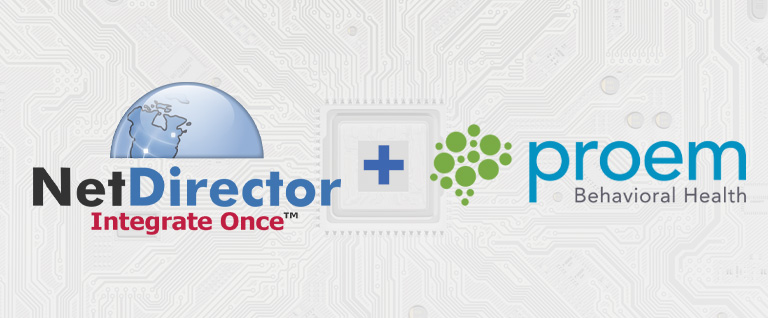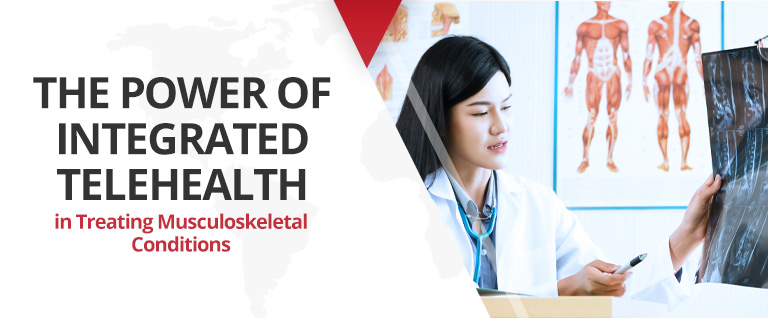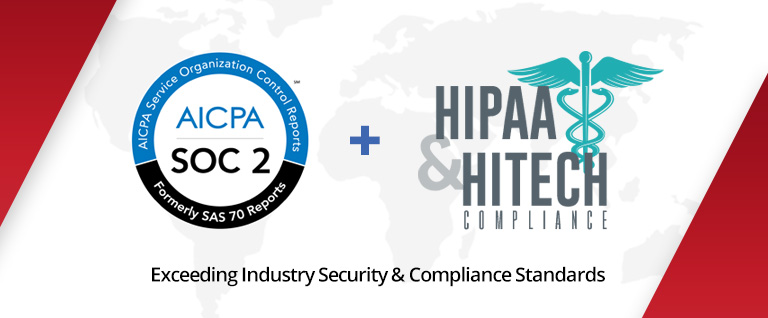Doctors persistently claim that electronic health record (EHR) systems take up too much of their time.
Bearing out that assertion, a just-published study in Annals of Family Medicine found that a cohort of 142 primary care physicians spent more than half their workday interacting with their EHR during and after clinic hours. Worse, the physicians, who were retrospectively followed through EHR event logs over the course of three years, allocated two-thirds of their computer-facing time to clerical and inbox work.
A separate commentary earlier this year issued a stark challenge to the healthcare IT industry: “[Talk] to ten practitioners at random who are involved in day-to-day emergency medicine or primary care medicine, the guys and gals on the busy front line, and find two of them who are enamored with their [EHR] tools.” The author, small-town physician Kenneth Bartholomew, MD, describes systems designed around billing and collections functions. Such EHRs, he argues, lack the ability to actually improve the workflow of diagnosis and patient management.
Closing the gap on EHR drawbacks
The clearly frustrated Dr. Bartholomew concludes that current EHRs put the wrong tools in the hands of everyday caregivers. While EHRs help assemble patient history, along with physical and laboratory evidence, the technology requires doctors to “push the chain” of information from behind — rather than “pulling it from the front.”
Nonetheless, it’s also important to recognize EHRs’ positive impacts within a digital, connected healthcare environment. Evidence of benefits include:
- cost savings derived from prevention of adverse drug events;
- enabling access by emergency personnel to patients’ pre-existing health information (such as medication lists, allergies, and medical histories);
- use of medical histories to remind physicians of the best methods of care for specific patients; and
- improvement of reporting, investigation, response, and communication between public health officials and clinicians.
What’s more, EHRs have been shown to mitigate risk for healthcare providers and health systems by enabling evidence-based decisions at the point of care, aiding in research directed toward improvements in care, and preventing liability actions by documenting complete records of care and informed consent.
Also, significant, EHRs can help drive up patient satisfaction. More than 90 percent of patients report being happy that their doctor used EHR-powered e-prescribing capabilities — and that they rarely encounter prescriptions not being ready at their connected pharmacy.
EHRs and interoperability
Looking ahead, the federal Office of the National Coordinator for Health IT (ONC) has prioritized enhancing EHR usability, as well as facilitating seamless exchange of information among different EHR systems. In fact, the 21st Century Cures Act, enacted at the end of 2016, specifies the development of a national framework and common agreement to promote comprehensive network-to-network health data sharing. ONC will be organizing work in these areas and expects to have preliminary plans in place by next year.
NetDirector actively supports strong, automated integration of EHR capabilities throughout the healthcare ecosystem. Hospitals and physicians can deploy NetDirector’s HealthData Exchange to normalize data to standard HL7 and other formats to achieve EHR interoperability while removing the bottlenecks of traditional interfacing — all without adding hours to the physician’s already hectic schedule.
For more information, please contact us or request a free demo.




